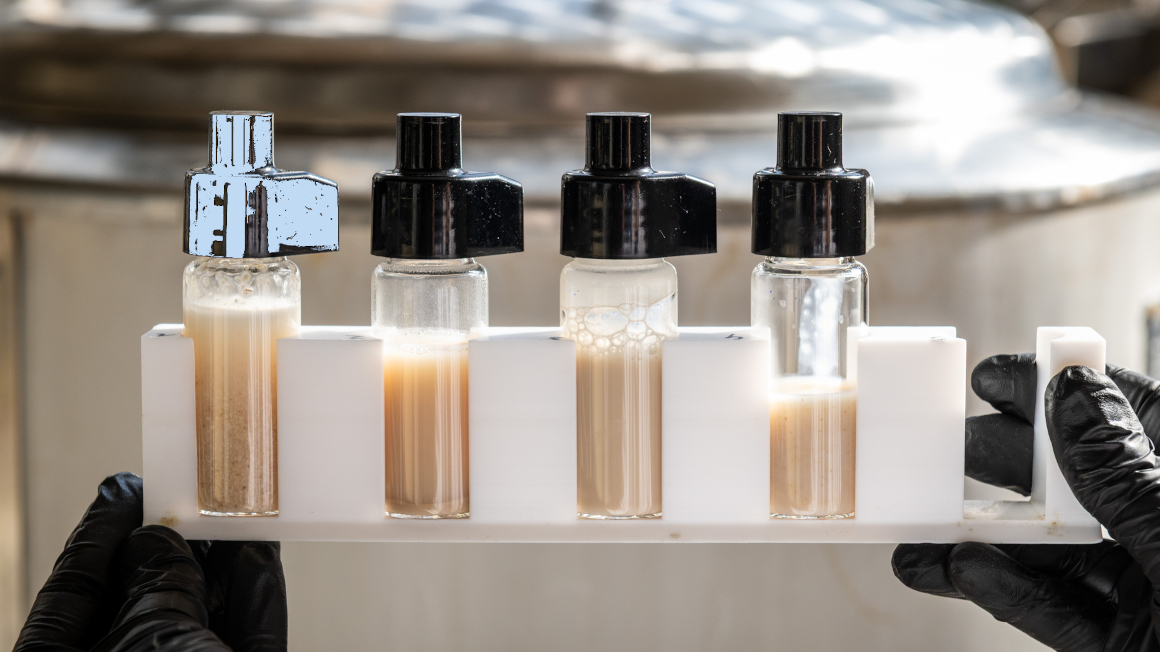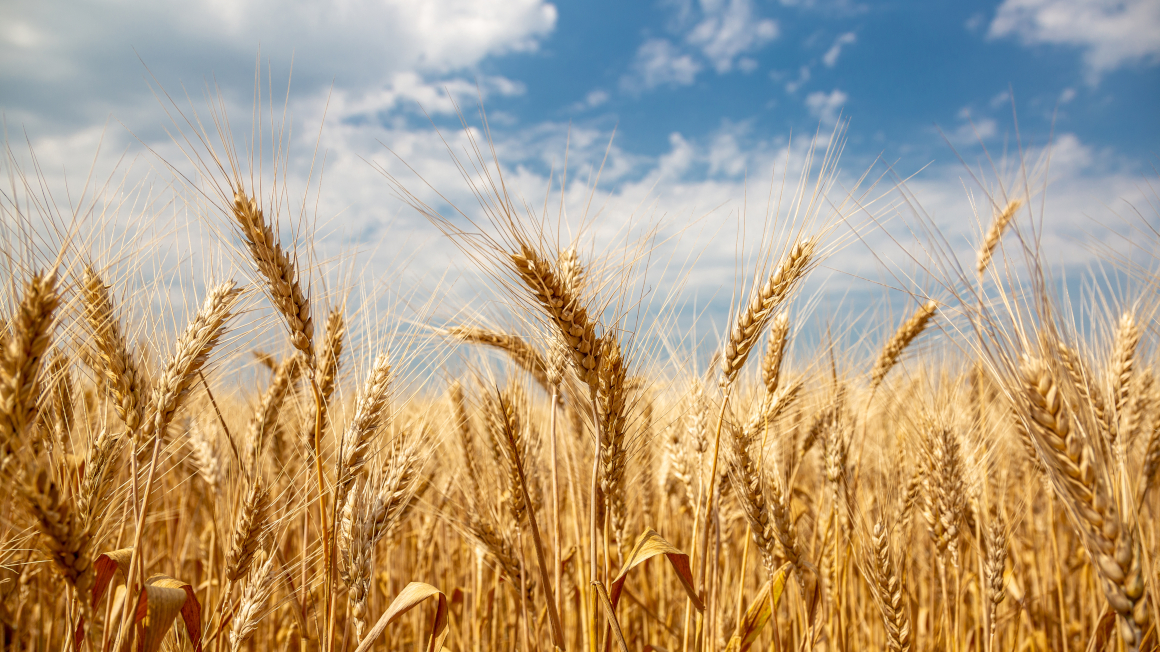Using oats as a source of protein
Researchers at Anhalt University of Applied Sciences are investigating how the protein content in oats can be optimized and thus used as an alternative protein source.

Oats are one of the oldest cultivated plants and are valued as a food mainly because of the carbohydrates in the grain. As an alternative milk substitute in the form of oat drinks, the plant has been attracting increasing public attention for some years now. Compared to animal milk or soy, however, oat proteins have so far played a minor role in nutrition. Researchers at Anhalt University of Applied Sciences want to change this.
Modifying oat proteins
As part of the funHapro project, a team led by project manager Thomas Kleinschmidt wants to optimize the protein content in oats in order to establish the domestic crop as an alternative source of protein for nutrition. “For a specific use, we need to improve the properties of the protein and develop suitable processing methods,” says Lisa Höhme-Matthes, research assistant at Anhalt University of Applied Sciences. Together with two other researchers, she is investigating how oat protein can be modified.
Using enzymes to improve protein properties
Oats contain around 10 % protein. Compared to animal proteins, oat proteins are poorly soluble and do not form stable foam or gel structures like milk or soy proteins, for example. In order to optimize the proteins, the research team is pursuing two approaches: treating the oat proteins with high-intensity ultrasound to make the protein easier to process, and modifying the protein properties using enzymatic hydrolysis. In this method, which is established in food technology, the protein is broken down into smaller parts by enzymes, which changes its properties and, for example, makes it easier to form bonds.
Contribution to food security
“But we still need the right biochemical tools for oats, i.e. the right enzymes,” explains project manager Thomas Kleinschmidt. The research team is convinced that oats have the potential to make an important contribution to food security as a domestic source of protein. If optimization is successful, oat proteins could be used in many new products.
The funHapro project is funded by the Federal Ministry of Food and Agriculture.
bb


